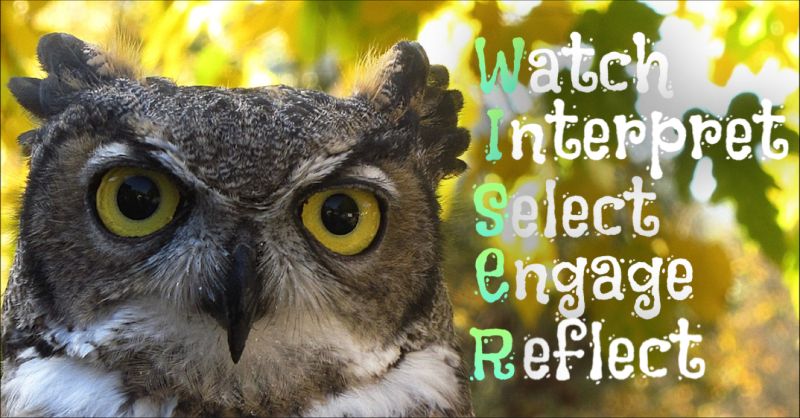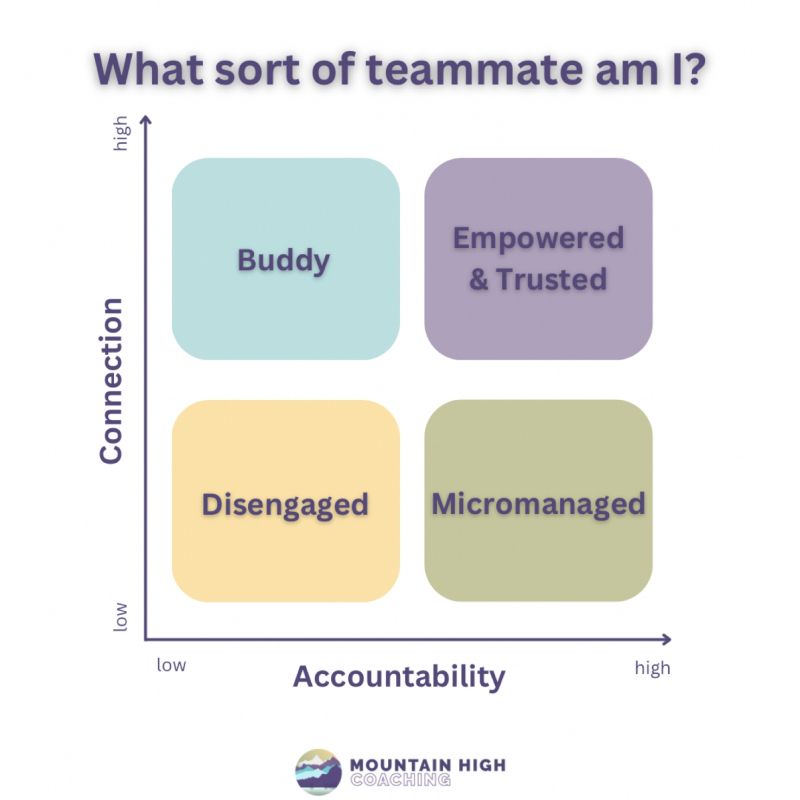Have you ever had a really emotional response to something, and later regretted your part in how it played out?
You know those conversations we have in our head afterwards, once the dust has settled and the intensity has deflated, like ‘ugh, I could have handled that better’ or ‘I shouldn’t have been so mean’, or even ‘I shouldn’t have said that, but I was just so upset’?
We’ve all been there at some point. Especially if you’ve ever parented a teenager!
And while we can apologise, it doesn’t necessarily change the fact that a little bit, maybe a lot, of damage has been done.
And we’re always so much wiser after the fact. The real challenge, though, is to remember what we’ve learned and apply it to the ‘next time’.
I came across this helpful model recently from Robert Waldinger & Marc Schultz, in their book “The Good Life”. And I rather like it, because a) it has an easy to remember and meaningful name – WISER, and b) it helps us to anchor in our wisdom so we can avoid the inevitable regret of being held hostage by our emotional responses and doing damage to our relationships.
Here’s an overview:
🔸Watch: notice your emotional response…pause, name it/them, understand what might have triggered it. Be really curious: think about the circumstances, who were you interacting with, what you know about them, what you might have missed.
🔸Interpret: what assumptions have you made and could they be faulty? What other factors might be at play, e.g. are you tired, are you worried by a family situation, are you already worked up by another or earlier frustration? What could be ambiguous or unclear? Have you made any hasty judgements?
🔸Select: actively select a course of action based on your watch/interpret findings. Slow things down so you have time to zoom in or zoom out as needed. This gives you an opportunity to go from your typical automatic reaction to one that is more considered and aligned with your values and desired outcomes.
🔸Engage: put your plan into action and respond in your newly chosen way. It’s better than being hijacked by heightened emotions. As they say, try something new, get a different result.
🔸Reflect: review how the plan worked out. This stage is important for learning by considering what worked, what didn’t, and to help shape our responses in future. It helps us to become wiser.
All of this could take you seconds, or you could ask for time-out before things escalate.
Of course it takes practice and time for this to come naturally to us, perhaps even years, so be kind to yourself if you don’t ace it every time.
Just being aware of the model helps you to take a breath, pause and make a considered choice, which boosts your emotional intelligence, supports healthy relationships and interactions by not damaging trust any further, and contributes to your happiness and success.
What do you think? The WISER way or same old, same old?









